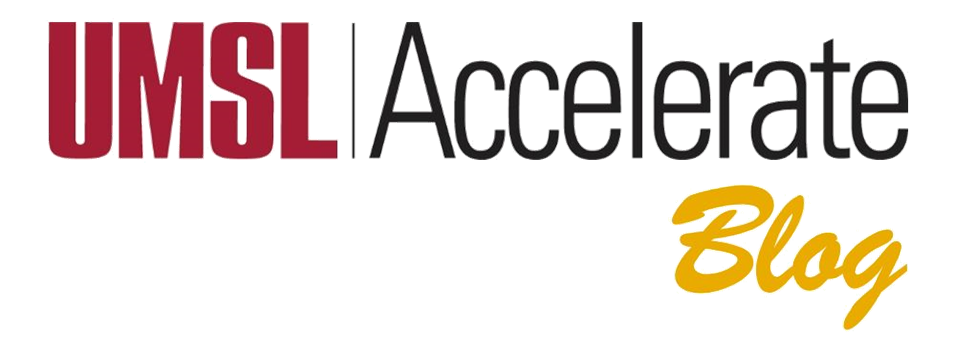The rest of the country might think the Midwest is behind the times, but in many ways, cities between the coasts offer tech job seekers the best chances of success.
In St. Louis, where I operate, I see a “pay it forward” mentality that’s unmatched in bigger cities’ startup communities. Even those new to the area are only a couple connections away from some of the city’s biggest players. Our startup scene is eager to help newcomers along, and that kind of mentorship has become harder to find in the competitive world of Silicon Valley.
Thanks to the Midwest’s lower costs, founders can conserve precious capital and use it to hire talented people who are ready to make an immediate impact. New employees don’t have to toil in an entry-level position for years before making a difference in their company. And because Midwest employers are less afraid that people will jump ship after a few months, they invest more in an employee’s growth.
Debunking the Silicon Valley Myth
While Silicon Valley (and even some East Coast cities like Boston) might claim to be a haven for tech job seekers, reality and reputation don’t match up. The overcrowded startup scenes and high costs of operations — not to mention high costs of living— present steep challenges for people trying to break into the tech world in coastal cities.
You may assume the high costs are justified because those cities have all the money. However, that’s not necessarily the case: Startup scenes all around the country have plenty of money available to worthy businesses.
During a recent interview with VentureBeat, Chris Olsen of Drive Capital, an Ohio-based venture capitalist firm, spoke about the Midwest startup scene. “I see more money, more funds getting started here, and that’s a super exciting thing,” said Olsen. “They’re also getting started at different stages. I think we’re going to look back five years from now and say ‘Wow, we’ve come a long way’ — but relative to Silicon Valley, this is just the beginning.”
How to Charm the Midwest Startup Scene
Ready to dive into tech life in Chicago, St. Louis, Milwaukee, or another Midwestern hub? Follow these tips to catch the attention of growing companies.
1. Present a good image and back it up.
While Midwest startups are happy to work with employees to develop their skills, they also expect new hires to make a difference right away. Demonstrating your value upfront can go a long way to securing a job. Your qualifications are less important than backing up your claims when you get the opportunity.
And don’t let “mandatory” job qualifications put you off from applying. According to Harvard Business Review, 41 percent of women and 46 percent of men have skipped an application because they didn’t feel like they met the job’s formal requirements. But those requirements are guidelines, not rules. Here in Missouri, we take pride in being the Show Me State: What really matters is proving you can do the job.
2. Diversify your skill set.
Companies today are hiring software engineers at record pace, but not all would-be startup engineers understand the realities of entrepreneurship in the Midwest: One great skill isn’t enough. Because all employees have the chance to be a big part of the company’s future, everyone from engineers to salespeople needs to know a little bit of everything.
If you have technical talents, it might help to take up a hobby or join an organization that helps you foster soft skills, like adaptability and decision-making. And vice versa: If you excel at soft skills, you might benefit from a coding class. The more well-rounded you are, the better you’ll be able to build connections with your co-workers and others in the startup scene.
3. Reinforce your uniqueness.
During this push to diversify, try not to lose sight of the skills that made you valuable in the first place. Though startups need workers who can do multiple things, they can’t succeed without people who shine in their chosen fields.
Thanks to their central location and low costs of living, Midwestern startup scenes attract people from all different backgrounds. Think about how your past experiences contribute to your current skill set — it may be a good idea to highlight those experiences in interviews. For example, you can show a company how your coding skills make you great at building websites, but your retail experience means you understand how people work.
If you want to make quick strides in a startup scene, you don’t need to move to Silicon Valley. Give the Midwest a look — founders here need your skills and are ready to invest in your development.
